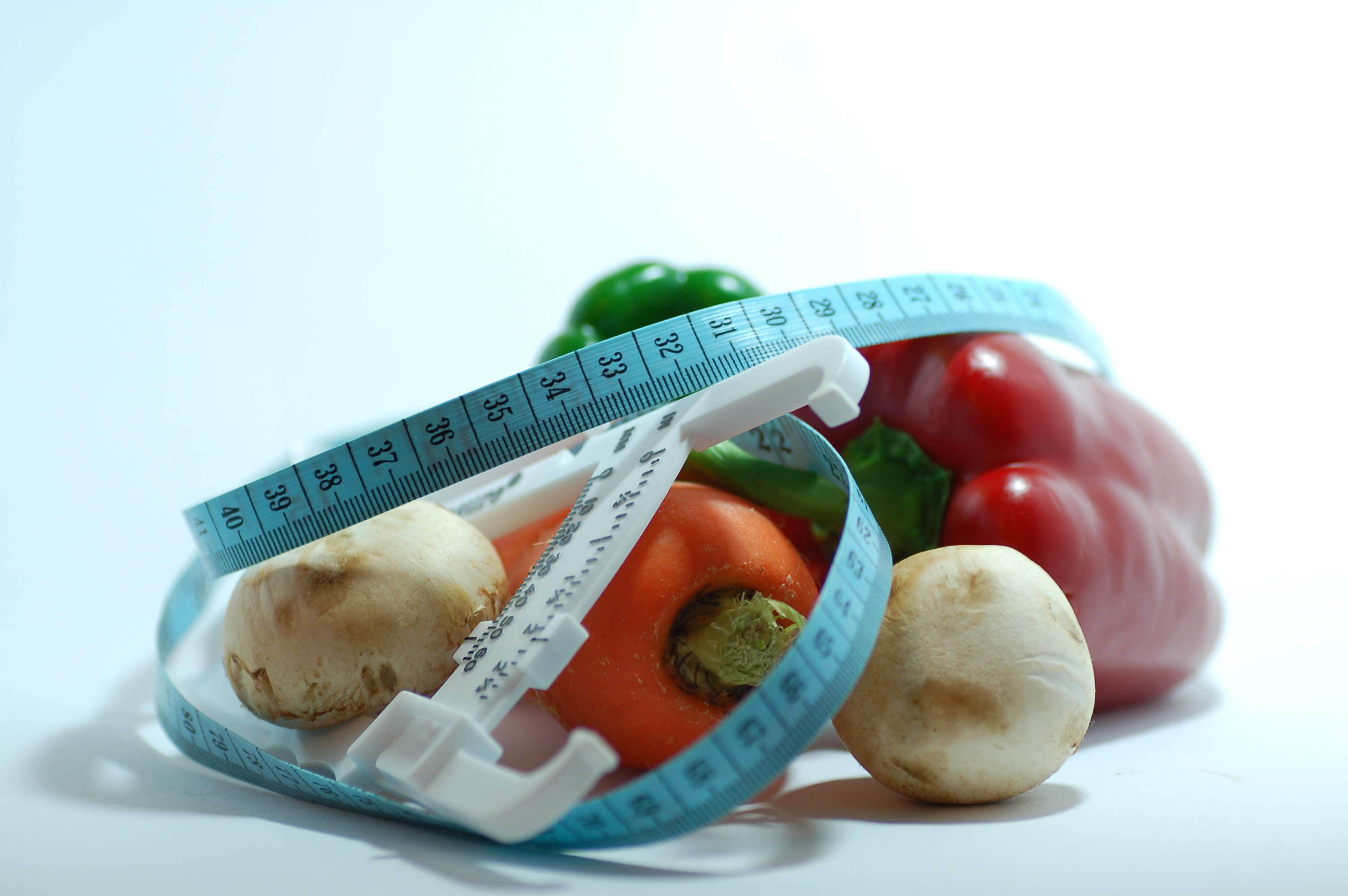
THURSDAY, Feb. 14 (HealthDay News) — Black women who are obese before they become pregnant or gain an excessive amount of weight during pregnancy are at greater risk for having an abnormally large baby, according to a new study.
Macrosomia — when an infant is born weighing more than 8.8 pounds — could result in a number of complications, such as hemorrhage, infection, the need for a C-section, preeclampsia and infant death near birth, the researchers said.
Preeclampsia is a pregnancy-related condition marked by high blood pressure and protein in the urine.
Using data on 59,000 black women from the Black Women’s Health Study, the researchers compared information on the mothers of 691 full-term infants who weighed more than 8.8 pounds at birth to similar women whose babies weighed less.
Mothers who had a body-mass index (BMI) of more than 31 were twice as likely to have a baby with macrosomia, the study found. BMI is a measure of height versus weight, and 30 and over is considered obese. In addition, the risk for macrosomia was also much higher for women with a pre-pregnancy waist circumference wider than 35 inches compared to women with a waistline smaller than 27 inches.
Women who gained more weight than is recommended in the 2009 Institute of Medicine (IOM) guidelines were also at greater risk for having an abnormally large baby. The researchers noted this was true for all categories of pre-pregnancy BMI.
“In addition to maintaining a healthy weight and waistline before pregnancy, our data suggest that it is especially important for obese women to adhere to the IOM guidelines for pregnancy weight gain to reduce their risk of macrosomia,” senior study author Lauren Wise, an associate professor of epidemiology at the Boston University School of Public Health, said in a university news release.
IOM guidelines for weight gain during pregnancy are as follows:
- Normal-weight women with a BMI of 18.5 to 24.9 should gain 25 to 35 pounds.
- Overweight women with a BMI of 25 to 29.9 should gain 15 to 25 pounds.
- Obese women with a BMI of 30 or more should gain 11 to 20 pounds.
It may be that excess weight gain before or during pregnancy leads to greater maternal glucose concentrations and insulin resistance, which can increase the risk for large babies, according to the release. Weight gain around the waist is also linked to glucose and insulin metabolic changes.
The study was published online in the journal Obesity. While it found a link between obesity in black women and abnormally large babies, it did not show a cause-and-effect relationship.
More information
The U.S. National Institutes of Health has more about birth weight.

